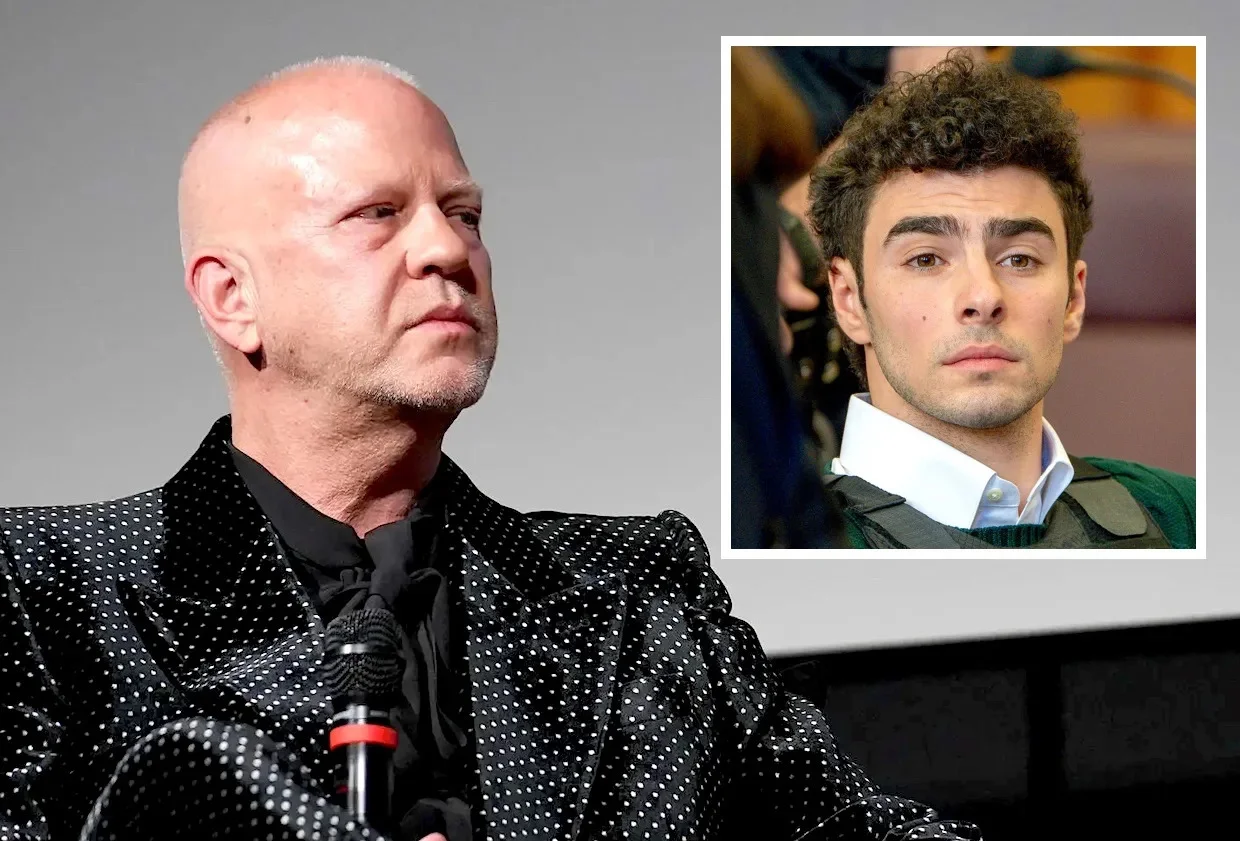Ryan Murphy, the creator of the Netflix anthology series Monster, criticized viewers who watch true-crime shows solely for the murder details. Murphy, known for hit series like Nip/Tuck, Glee, American Horror Story, and 9-1-1, highlighted this issue as Monster prepares to release its third season about Ed Gein. His comments aim to shift the focus beyond just the gruesome crimes to the broader context surrounding them.
Ryan Murphy Challenges How True-Crime Audiences Engage with Monster
The true-crime genre has seen immense growth in recent years, spanning television, documentaries, podcasts, and books. Murphy, who previously created American Crime Story and American Sports Story focusing on figures such as O.J. Simpson, Gianni Versace, and Aaron Hernandez, is well-versed in true-crime storytelling. With Monster, each season explores a different crime, starting with the Jeffrey Dahmer murders portrayed by Evan Peters, followed by the Menendez brothers’ case, and now preparing to spotlight Ed Gein in the upcoming third season, premiering October 3. A fourth season about Lizzie Borden is also underway.
Promoting the upcoming Ed Gein story in an interview with The New York Times, Murphy expressed that the crimes themselves are not the most compelling element. Instead, he wants viewers to consider the other aspects intertwined with these events. He criticized the tendency of fans to fixate exclusively on the violent acts rather than the surrounding factors. Murphy’s blunt remark was,

“To me, what’s interesting is not so much the crimes but everything else that surrounds the crimes. If you walk away from Ed Gein and all you want to talk about are the two murders, well, that says a lot about you.”
The Importance of Context in True-Crime Narratives According to Murphy
Murphy’s critique highlights a common issue in true-crime consumption—losing sight of the victims amid sensationalized crime storytelling. He suggests that focusing narrowly on the murders diminishes the broader reality of the victims’ suffering and the social and psychological contexts of these cases. True crime, Murphy implies, should prompt deeper reflection on the criminal justice system and the circumstances that lead to such tragedies, rather than merely entertain sensational details.
With Monster: The Ed Gein Story, Murphy hopes the audience approaches the season with an understanding of its gravity rather than fascination with the horror alone. His perspective serves as a reminder that behind every infamous case, real people endured devastating loss.
Reflection on the Impact of True-Crime Portrayals and Viewer Responsibility
True crime’s surge in popularity has sparked debate about ethical storytelling. Murphy’s concerns echo criticisms faced during Monster’s first season, where some argued the series glorified Jeffrey Dahmer’s crimes. Families of Dahmer’s victims voiced distress over the pain evoked by dramatizing such tragedy. This backlash underscores the delicate balance creators must strike when adapting real-life horrors for entertainment.
As Monster returns with new seasons exploring heinous crimes, Murphy’s remarks suggest a call for more thoughtful engagement from both creators and audiences. It encourages viewers to consider the complexities behind the crimes instead of reducing these narratives to mere morbid curiosity.
Monster: The Ed Gein Story, starring Charlie Hunnam in the lead role, along with Tom Hollander, Laurie Metcalf, and Suzanna Son, will debut on Netflix on October 3.
Main Cast of Monster Season 3: The Ed Gein Story
Charlie Hunnam takes on the role of Ed Gein, bringing the infamous criminal’s story to the screen. Tom Hollander, Laurie Metcalf, and Suzanna Son join the cast, contributing to the portrayals of the figures involved in this dark chapter.
